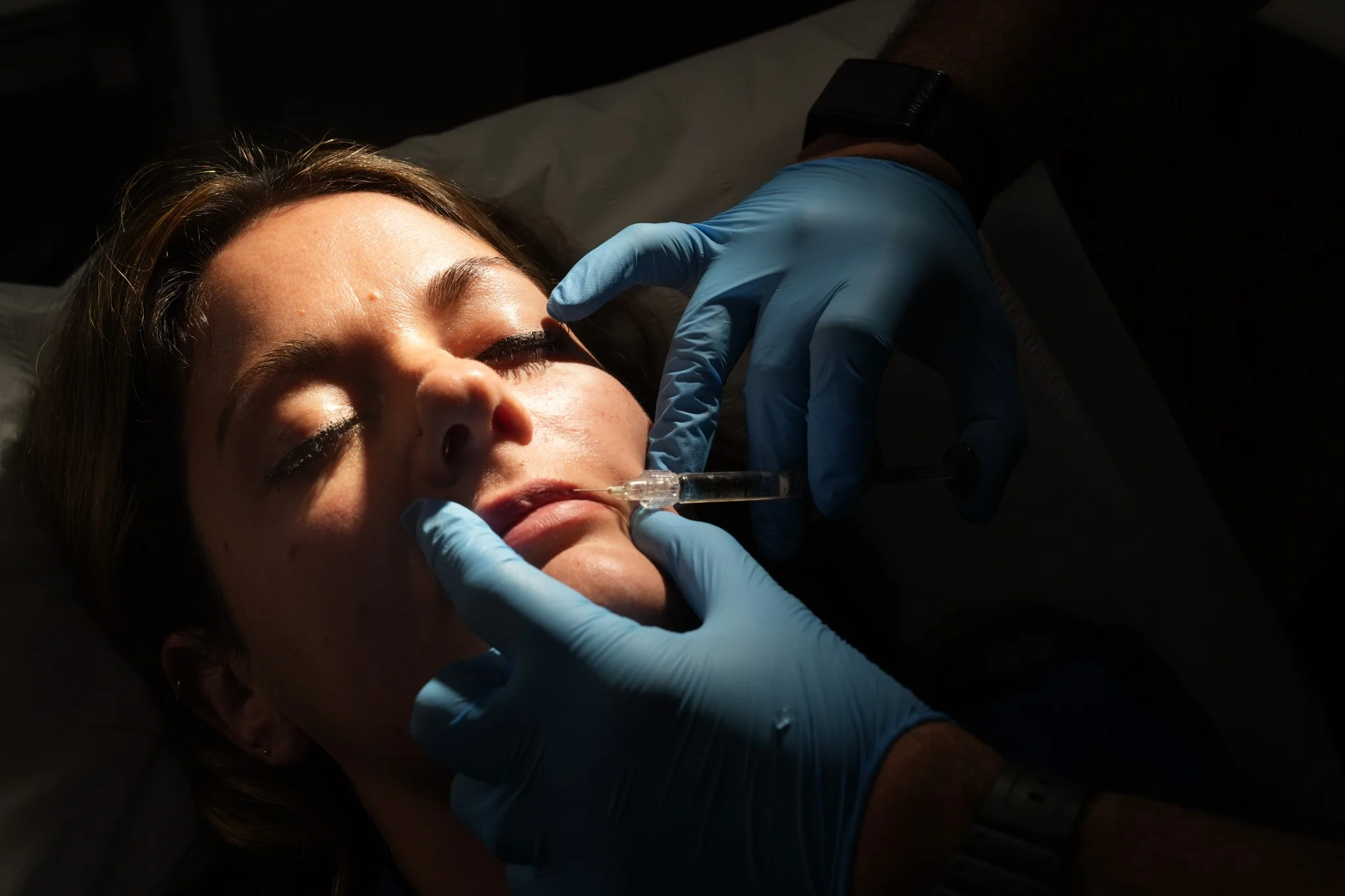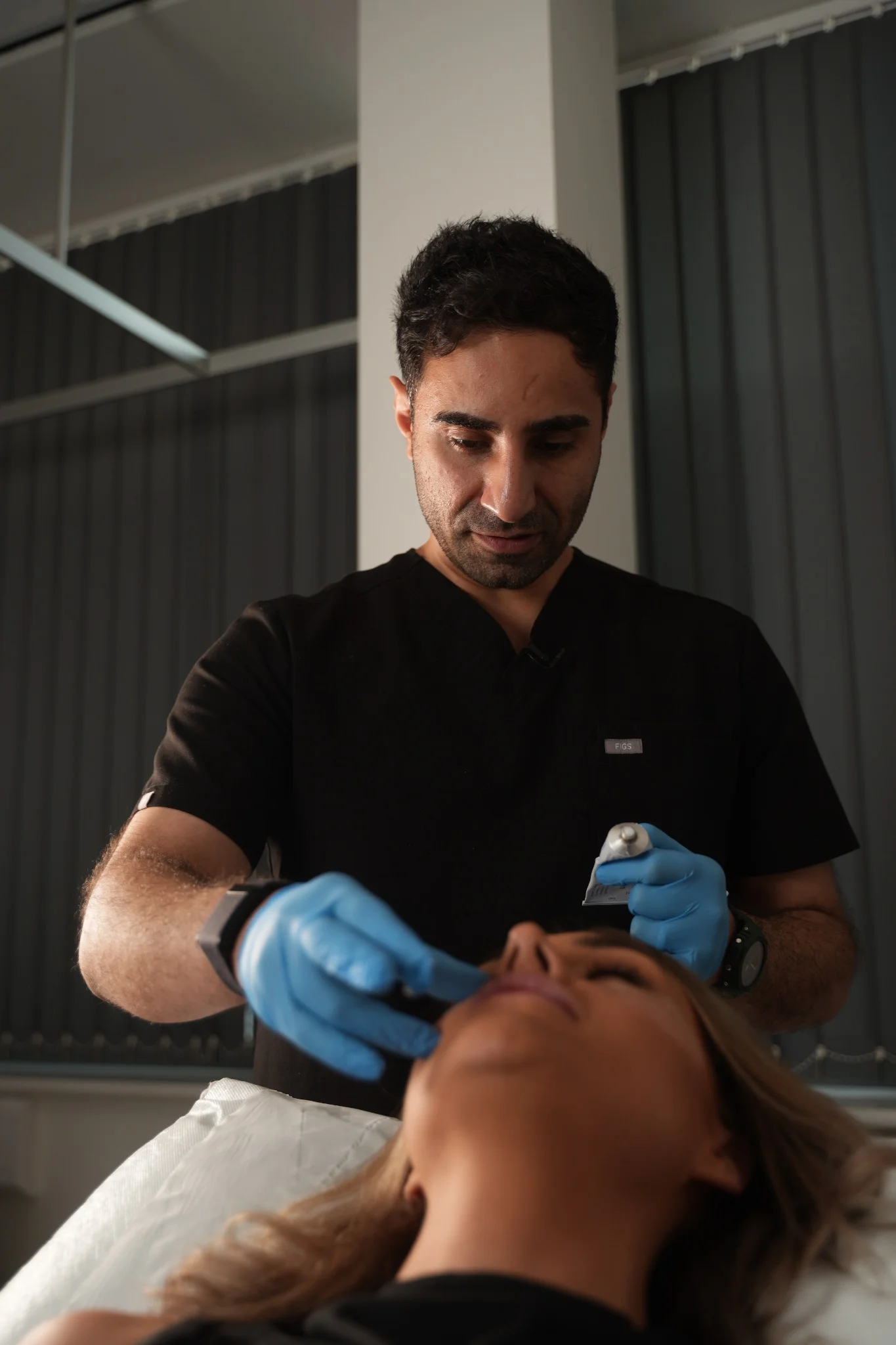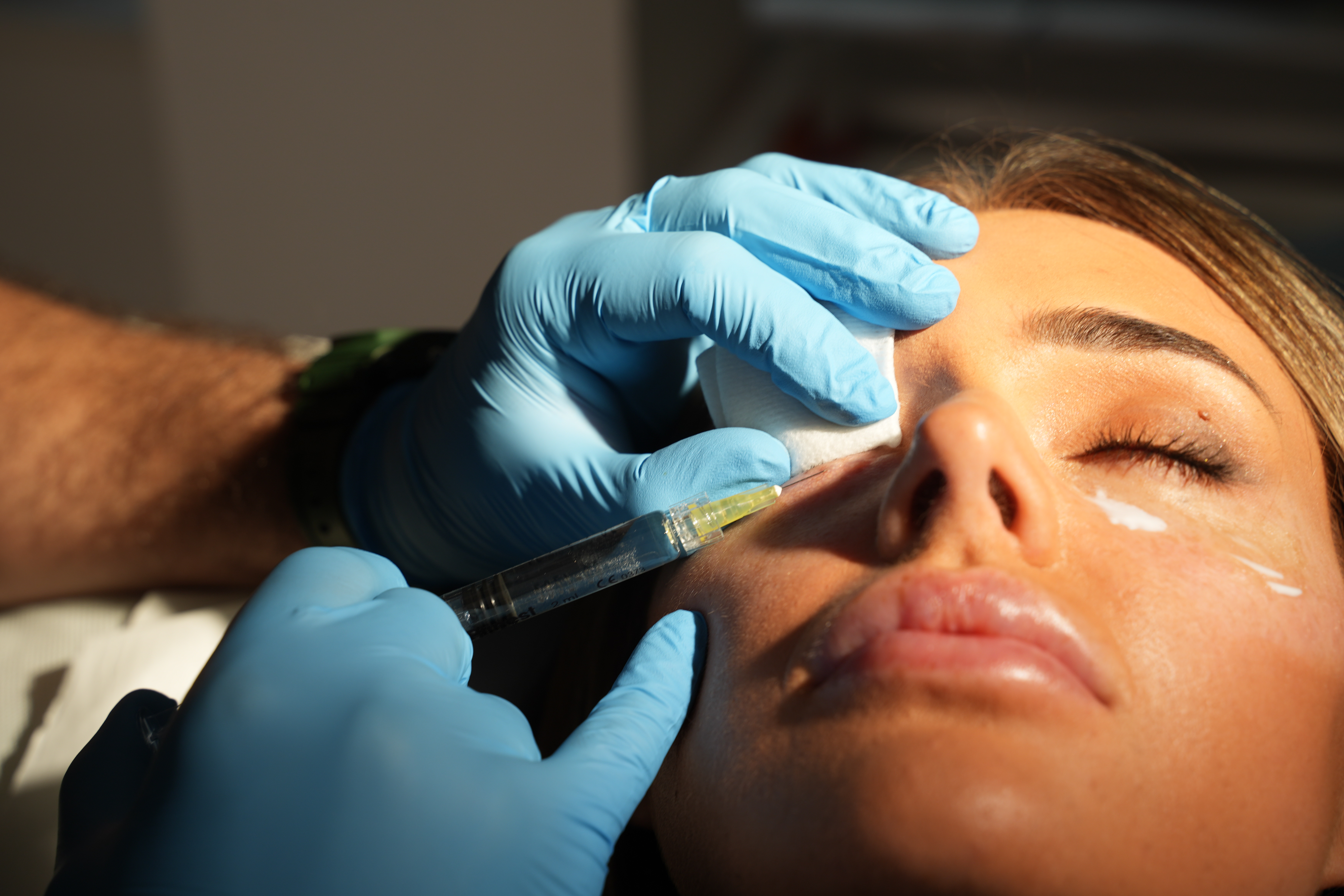1. Protect yourself from the sun
One of the most important ways to take care of your skin is to protect it from the sun. A lifetime of sun exposure can cause wrinkles, age spots and other skin problems — as well as increase the risk of skin cancer.
For the most complete sun protection:
Use sunscreen. Use a broad-spectrum sunscreen with an SPF of at least 15. Apply sunscreen generously, and reapply every two hours — or more often if you're swimming or perspiring.
Seek shade. Avoid the sun between 10 a.m. and 2 p.m., when the sun's rays are strongest.
Wear protective clothing. Cover your skin with tightly woven long-sleeved shirts, long pants and wide-brimmed hats. Also consider laundry additives, which give clothing an additional layer of ultraviolet protection for a certain number of washings, or special sun-protective clothing — which is specifically designed to block ultraviolet rays.
2. Quit Smoking
Smoking makes your skin look older and contributes to wrinkles. Smoking narrows the tiny blood vessels in the outermost layers of skin, which decreases blood flow. This depletes the skin of oxygen and nutrients that are important to skin health.
Smoking also damages collagen and elastin — the fibers that give your skin strength and elasticity. In addition, the repetitive facial expressions you make when smoking — such as pursing your lips when inhaling and squinting your eyes to keep out smoke — can contribute to wrinkles.
If you smoke, the best way to protect your skin is to quit. Ask your doctor for tips or treatments to help you stop smoking.
3. Treat your skin gently
Daily cleansing and shaving can take a toll on your skin. To keep it gentle:
Limit bath time. Hot water and long showers or baths remove oils from your skin. Limit your bath or shower time, and use warm — rather than hot — water.
Avoid strong soaps. Strong soaps and detergents can strip oil from your skin. Instead, choose mild cleansers.
Shave carefully. To protect and lubricate your skin, apply shaving cream, lotion or gel before shaving. For the closest shave, use a clean, sharp razor. Shave in the direction the hair grows, not against it.
Pat dry. After washing or bathing, gently pat or blot your skin dry with a towel so that some moisture remains on your skin.
Moisturize dry skin. If your skin is dry, use a moisturizer that fits your skin type. For daily use, consider a moisturizer that contains SPF.
4. Eat a healthy diet
A healthy diet can help you look and feel your best. Eat plenty of fruits, vegetables, whole grains and lean proteins. The association between diet and acne isn't clear — but some research suggests that a diet rich in vitamin C and low in unhealthy fats and processed or refined carbohydrates might promote younger looking skin.
5. Manage stress
Uncontrolled stress can make your skin more sensitive and trigger acne breakouts and other skin problems. To encourage healthy skin — and a healthy state of mind — take steps to manage your stress. Set reasonable limits, scale back your to-do list and make time to do the things you enjoy. The results might be more dramatic than you expect.
6. Clean your make-up brushes
A British study found that 72% of women never wash their brushes or sponges, even though they collect dirt and bacteria which can cause breakouts – not what you want when you're trying to get healthy skin. "You should wash loose powder brushes every two to three weeks, and those used to apply foundation once a week," Mix a couple of drops of gentle facial cleanser or shampoo and lukewarm water in a cup, swish your brushes around, rinse with lukewarm water, pat dry, and lay flat to air dry.
7. Munch on mixed nuts
Brazil nuts are rich in selenium, which increases skin elasticity and may decrease skin cancer, according to recent studies. Throw in walnuts—which are loaded with omega-3 fatty acids—to lower inflammation and put the brakes on breakouts. Finally, add some macadamias to your diet for glowing skin. They're full of high quality oils and fatty acids that aid in skin repair and rejuvenation. Aim for a handful of each daily to reap their pore-perfecting benefits.
8. Sanitise your smartphone
According to a Stanford University study, that iPhone you can't keep your hands off of can get more germ-infested than a toilet in a public toilet. In fact, the glass touchscreens on mobile devices are so good at spreading viruses that sharing them may be almost as bad as sneezing in someone's face. Here's a scary thought: All those germs land right on your cheek and jawline every time you chat away, causing spots and irritation. To keep your phone (and face) bacteria-free, wipe it down with an antibacterial wipe like Clorox Disinfecting Wipes a few times a day for healthy skin.
9. Hit the sack early
We know, you've heard it all before, but it's called beauty sleep for a reason. Sleep deprivation lowers circulation, which is why you look pale and washed out if you only get a few hours. It's also the best time to rejuvenate your skin. Your body's cellular renewal team has the night shift, so this is when you want to equip your skin with as many nutrients and hydrating ingredients it needs to do a fine job.
10. Don't neglect your neck and chest
Most of us are guilty of stopping our skincare routine as soon as we hit our chin. And our neglected neck and chest take vengeance by wrinkling, sagging, and displaying dark spots that beg to be hidden by a turtleneck. The skin on these areas is thinner, and doesn't have a strong blood supply, so it doesn't heal well. Plus it's an area that we often forget to protect with sunscreen. Use the same products as you would on your face, but start lightly (every other day) when applying active ingredients like retinols or acids since they may cause some initial irritation.
11. Strip off your make-up before bed
Leaving make-up and dirt on skin doesn't just clog pores; it can cause excessive dryness and even skin dandruff. Most makeup contains a sugar-type molecule that can grow yeast overnight. Don't forget to thoroughly remove eye make-up too. It can lead to bumpy rashes around the eyes or small white bumps called milia cysts. For best results use a gentle, oil-free cleanser that quickly melts away everything from waterproof liner to mascara, leaving you with healthy skin.
12. Be patient with your products
We're all in a hurry to see results, but putting on the brakes can ensure that the results you get are positive. When you're starting a new product, use it every other day, and never try a few new buys at once. Even if you just got a new skincare system, introduce one product every three to four days at the least. You'll rarely experience dryness, irritation, and burning. And if you do, you'll know right away who the culprit is. Give any new potion at least 12 weeks (and up to 6 months) to see if it's really improving your skin before calling it quits.
13. Slip on your sunglasses
While your eyes are equipped to handle sunlight, the area around them is comprised of the thinnest skin, where most of the signs of aging are. Every time you squint from bright light, you're creating lines from that repeat movement. To keep the wrinkles away, choose a pair of polarized glasses that's wide enough to fully cover the eye area.
14. Drink an extra glass of water
Water helps clear the toxins that cause inflammation and blemishes. It also assists in transporting nutrients and oxygen to skin cells, and preventing dehydration, which can cause premature aging. It can even make skin appear fuller since the hyaluronic acid that naturally exists in skin will pull in and hold the water for a wrinkle-plumping effect. You are recommended to have at least 8 glasses of water each day, more if you're active or live in a warm climate, for healthy, glowing skin. To add a little flavour, try a skin-soothing tea like chamomile or mint.





